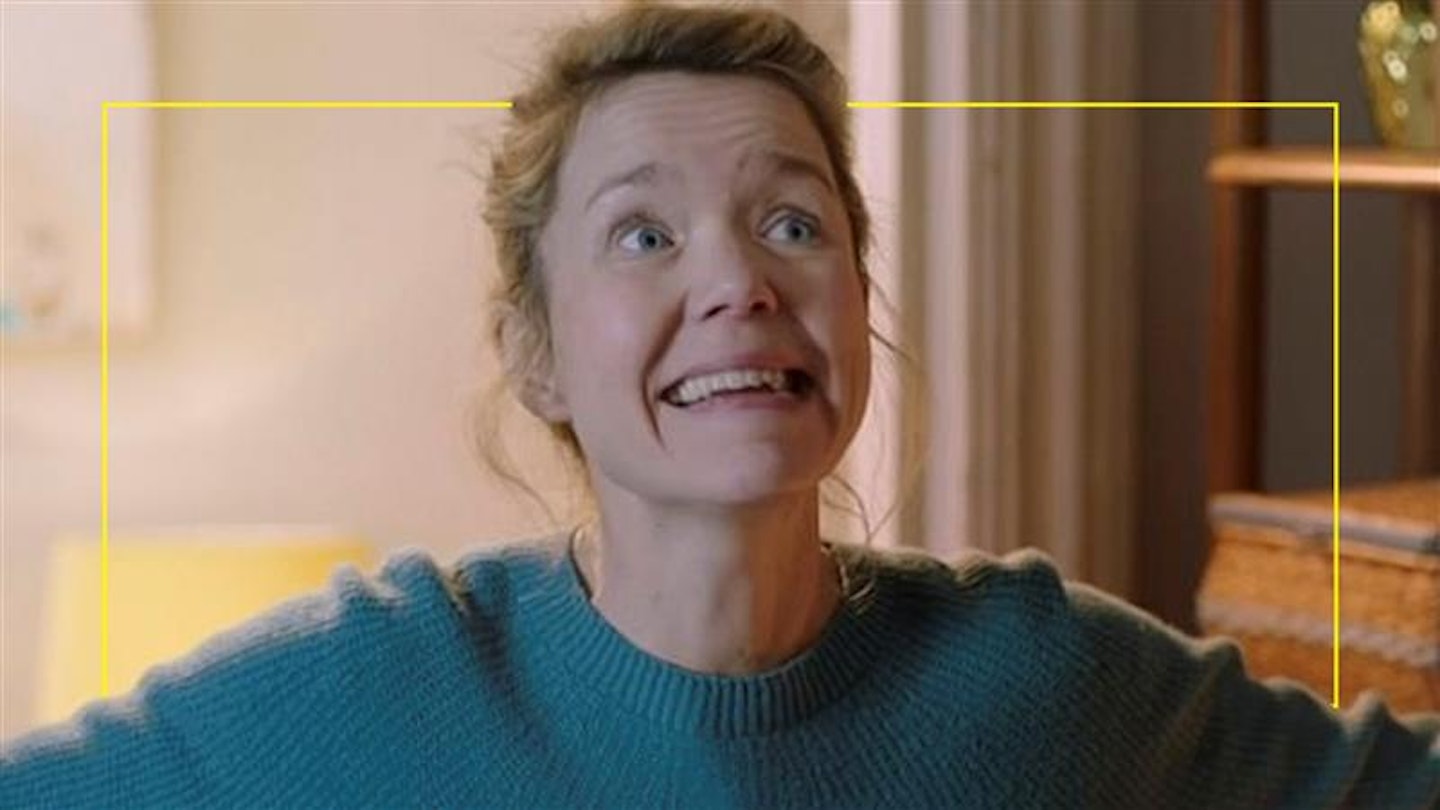In 2015, I became a mother for the first time. It was a slightly sharper entry into motherhood than usual as overnight I went from being a woman with no children to being one with three. I had a newborn, and two full time step-children who were just four and five when I moved from my home in Dublin across the country to Galway, to start a new life with them. A year later, I had another baby. Reader, it was a whirlwind.
I should point out here that I was acclimatised to stress. I dealt with it easily. I have worked as a journalist my entire adult life. It’s not a laidback profession. Newsrooms are not relaxing places. Journalists are not chill people. We like to think of what we do as life or death. Live current affairs radio, where I also worked for many years, takes that to another level. It’s as pressurised as it gets, and I loved every minute of it. I loved the deadlines. I loved the cut and thrust. I loved the ticking clock. I thrived on the stress. Surely motherhood would be a doddle compared to this?
Early motherhood, however, was an unprecedented stress event. I was in a state of emergency at all times. My heart was constantly racing, I could hear my blood throbbing in my ears, I lost so much weight because I barely had time to eat, and every time my baby cried my body flooded with adrenaline. But I am a modern woman, and I knew I wanted to keep working as well as being a mother. So, once a week, I drove from Galway, where I now lived, to Dublin where I was still working part-time as an editor. I was still breastfeeding, so I brought my three-month-old baby along with me for these weekly check-ins. (Of course I was still breastfeeding, because, again, as a modern woman, I truly believed that if I didn’t breastfeed I would be harming my baby and I would be a Bad Mother™.)
Mornings were intense. Getting everyone fed, washed, dressed and out the door to get the older kids to school on time was like negotiating with four tiny and extremely volatile terrorists. I observed the other mothers calmly arriving at school with their children. How did they make it look so easy? Some of them even had makeup on. Nobody ever seemed to be struggling to unfold a double buggy. Everyone seemed to have things under control. By the time I eventually got to bed at night, I was too wired to sleep and so I would sit up, tweaking my to-do list, merging today’s unfinished items into a new super-list for tomorrow, which included everything from work deadlines to DIY to children’s vaccinations.
I was (and remain) eternally grateful to be a mother, but a constant underlying question reverberated with every pulse of my racing heartbeat – how could I sustain this? It felt like I was always at breaking point and yet on paper I was living the dream – children, marriage, career. Was this having it all? Was this really the best we could do in our advanced society?
I saw so many people quietly struggling with daily life, and it wasn’t just parents either. Single and childfree friends were also frazzled and exhausted, working round the clock. When I heard a tragic news story about a baby who had been forgotten in a car, I was frozen with terror. As the mother of four very young children at the time, I understood instantly how easily it could happen. I was exhausted, juggling a career, marriage, childcare, responsibilities to other family members, shuttling between cities for my job… I felt something like this could happen to anyone; I felt it could happen to me. I started counting my children every time we went anywhere in the car.
And I started writing the story that became my novel, Breaking Point, as a kind of response to how damaging I felt our always-on culture was.
When the pandemic hit, the pressure of the juggle was suddenly centre stage and nobody could hide how difficult it was any longer. The game was up. I remember The New York Times opened a phoneline for mothers at one point, a call-in line for women trapped at home with children to call and leave a 60 second message about their experiences of domestic life. Some women just screamed into the phone. It became apparent that while this might be our new normal, it wasn’t in any way sustainable.
Breaking Point happens to be questioning these very things that became so magnified under the pandemic spotlight. It’s a novel about burnout. It’s about how having it all is a damaging myth. It’s about how capitalism’s co-opting of feminism has in many ways hamstrung women and men, families and individuals, and left us all with so few choices: how many parents can afford to make the choice to stay at home and look after their children if they want to? How many individuals can hope to be able to afford to buy their own home on a single income?
The modern phenomenon of burnout is now a global issue, and it’s even more relevant in our post-pandemic world where people have had to endure intolerable stresses, the juggle of childcare and work, home-schooling and loss of employment, financial problems and relationship issues, which have all led us to re-evaluate what is important to us in our lives and the way we want to live. Through the stories of my characters Susannah, a doctor, and Adelaide, a journalist, both of whom have suffered the worst possible consequences of living life at this break-neck speed, I hope my novel examines how our current way of living has brought us to this breaking point… and how we might take a step back from it.
Breaking Point by Edel Coffey is published by Sphere Books
